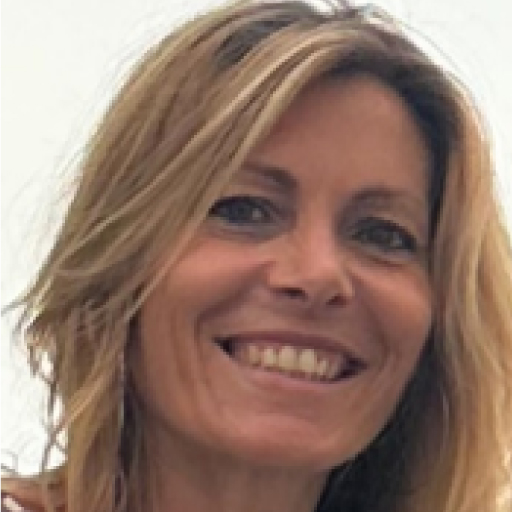Inclusione sociale e bambini scomparsi: Colmare il divario per una società più sicura

L’inclusione sociale e il problema dei bambini scomparsi possono sembrare argomenti distinti, ma sono interconnessi in modo significativo. Promuovere l’inclusione sociale non significa solo creare una società più equa e coesa, ma svolge anche un ruolo cruciale nel prevenire e affrontare il problema dei bambini scomparsi. Questo articolo esplora la relazione tra l’inclusione sociale e i bambini scomparsi, sottolineando l’importanza di affrontare entrambe le questioni contemporaneamente.
L’inclusione sociale consiste nel garantire che ogni individuo si senta valorizzato, rispettato e pienamente integrato nella propria comunità. È un processo che mira a smantellare le barriere e a promuovere le pari opportunità per tutti, indipendentemente dal loro background, dalle loro capacità o dalle circostanze. Quando si dà priorità all’inclusione sociale, le comunità diventano più sicure e coese, riducendo la vulnerabilità dei bambini a diventare persone scomparse.
I bambini socialmente esclusi sono più esposti ai rischi e ai pericoli, e quindi più vulnerabili al rapimento, allo sfruttamento o alla fuga. L’esclusione sociale può assumere varie forme, come la povertà, la discriminazione, l’abbandono o la mancanza di accesso all’istruzione e ai servizi di supporto. Questi fattori possono contribuire a creare un senso di alienazione e disperazione, spingendo i bambini verso situazioni rischiose o individui pericolosi.
Per prevenire la scomparsa di bambini e garantire la loro sicurezza, è essenziale affrontare le cause profonde dell’esclusione sociale. I governi, le organizzazioni comunitarie e i singoli individui devono lavorare insieme per creare ambienti inclusivi in cui i bambini siano protetti, sostenuti e abbiano pari opportunità di crescere. Ciò include l’accesso a un’istruzione di qualità, all’assistenza sanitaria, ai servizi sociali e alle attività ricreative che promuovono il loro benessere e il loro sviluppo.
Promuovere l’inclusione sociale significa sensibilizzare e responsabilizzare le comunità a occuparsi attivamente del benessere dei bambini. Promuovendo una cultura di responsabilità collettiva, i vicini, gli educatori e i membri della comunità possono contribuire a creare una rete di protezione che aiuti a prevenire la scomparsa di bambini. Incoraggiare una comunicazione aperta, promuovere pratiche genitoriali positive ed educare le persone sui segnali di allarme e sui rischi associati al rapimento e allo sfruttamento dei minori sono passi fondamentali per garantire la sicurezza dei bambini.
Quando un bambino scompare, l’inclusione sociale diventa fondamentale nel processo di risposta e recupero. Uno sforzo inclusivo e coordinato che coinvolga le forze dell’ordine, le organizzazioni di supporto e la comunità può aumentare significativamente le possibilità di localizzare il bambino scomparso e di facilitarne il ritorno in sicurezza. Le comunità ben informate e impegnate hanno maggiori probabilità di fornire informazioni rilevanti, sostenere le famiglie colpite e partecipare attivamente agli sforzi di ricerca e salvataggio.
Inoltre, l’inclusione sociale svolge un ruolo cruciale nella reintegrazione e nel sostegno dei bambini scomparsi che vengono ritrovati o tornano a casa. Questi bambini devono spesso affrontare sfide emotive, psicologiche e sociali ed è essenziale fornire loro il sostegno e le risorse necessarie per ricostruire le loro vite. L’inclusione sociale garantisce che non vengano stigmatizzati o ulteriormente emarginati, ma che venga data loro l’opportunità di guarire, crescere e reintegrarsi nelle loro comunità.
L’inclusione sociale e il problema dei bambini scomparsi sono interconnessi e affrontarli insieme è fondamentale per costruire una società più sicura e compassionevole. Promuovendo l’inclusione sociale, possiamo creare ambienti in cui i bambini sono protetti, valorizzati e responsabilizzati. Ciò include l’offerta di pari opportunità, la sensibilizzazione e la promozione del senso di responsabilità della comunità. Abbracciando i principi dell’inclusione sociale, possiamo ridurre la vulnerabilità dei bambini, prevenire i rapimenti e garantire il ritorno sicuro e la reintegrazione dei bambini scomparsi.
















Responses